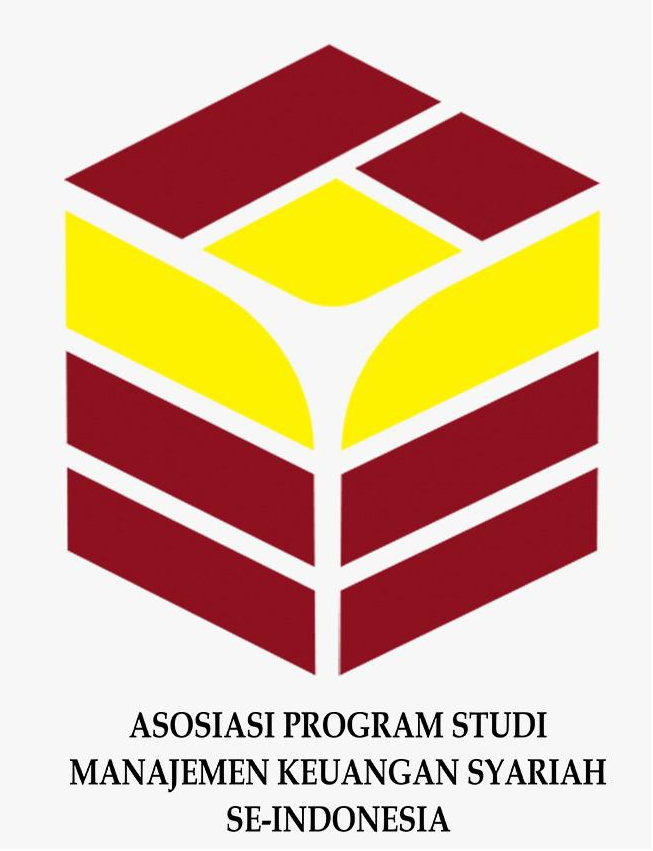ANALYSIS OF THE IMPLEMENTATION OF FINANCIAL ACCOUNTING STANDARDS FOR MICRO, SMALL AND MEDIUM ENTITIES (SAK EMKM) IN BENGKALIS SUBDISTRICT
DOI:
https://doi.org/10.56633/mbisku.v2i1.1013Keywords:
Implementation, Accounting, Standard, Entities, UMKMAbstract
Indonesia as a developing country prioritizes its economic growth because of the many jobs created, the Micro, Small, and Medium Enterprises (MSMEs) sector is important for the Indonesian economy. Along with the progress of MSMEs in compiling financial reports, Financial Accounting Standards for Micro, Small, and Medium Entities (SAK EMKM) have been introduced. SAK EMKM, which is regulated by the Indonesian Institute of Accountants (IAI) and has been effectively enforced since January 1, 2018. This is intended to enable MSMEs to prepare and audit their own financial reports. Although simple, the standard does not significantly change the principles that are generally applied today. This study focuses on 1) how the implementation of SAK EMKM is at MSME Ilham Market, and 2) what are the obstacles in the implementation of SAK at MSME Ilham Market. The purpose of this study is to determine the implementation of SAK EMKM at MSME Ilham Market and to determine the obstacles in the implementation of SAK EMKM at MSME Ilham Market. The research method uses a qualitative approach with field studies through observation, interviews, and documentation, as well as data analysis with data reduction, data presentation, and verification. Data validity is obtained through source triangulation. The results of the study indicate that the financial reports that have been carried out by Toko Ilham Market have not been implemented in accordance with the provisions of the Financial Accounting Standards for Micro, Small and Medium Entities (SAK EMKM). The obstacles experienced by Toko Ilham Market in implementing the Financial Accounting Standards for Micro, Small and Medium Entities (SAK EMKM) include the lack of human resources who have knowledge of SAK EMKM and the absence of socialization and training of SAK EMKM in MSMEs..
References
Abdul, T. (2017). Strategi Internasionalisasi UMKM (Makasar). CV. Sah Media.
Abednego, P., & Barusb, R. S. (2023). Implementation of sak emkm on micro small medium entreprises (case study: bu eko’s sosis shop). International Journal Management and Economic, 2(1).
Amalia, H. S., et.al. (2022). The Importance of Implementing EMKM Based Financial Accounting Standards (SAK) On The Preparation of Financial Statements in Shop Businesses In Sukarame District, Palembang. Current Advanced Research On Sharia Finance and Economic Worldwide, 2(3).
Cahyaningtias, C., & Lamaya, F. (2023). Analysis Of The Use of Accounting information And Application Of Financial Accounting Standards Of Small And Medium Enterprises (SAK EMKM) In Fisheries MSMES In Nusa Tenggara Timur (Case study at Al-Ijtihad MSMEs in Kupang City). JASS (Journal of Accounting for Sustainable Society), 4(01).
Chanifah, N. R., Bahri, S., & Hasan, K. (2023). Analysis of The Application of Financial Accounting Standards For Small And Medium Micro Entities (SAK EMKM) In Various MSMEs. In Conference on Economic and Business Innovation (CEBI) (pp. 45-51).
Diana. (2018). Financial Accounting Standards for Micro, Small & Medium Entitas (SAK EMKM) Implementation and factors that affect it. JEMA: Junal Ilmiah Bidang Akuntansi dan Manajemen. Vol.15 No.02
https://kadin.id/data-dan statistik/umkm-indonesia
Ikatan Akuntan Indonesia (IAI), Standar Akuntansi Keuangan Entitas Mikro, Kecil, dan Menengah (SAK EMKM), 50
Kosadi, F., & Ginting, W. (2022). The Socialization Of Financial Accounting Standards For Micro, Small And Medium Entities (SAK EMKM) And Workshop On Spreadsheet Applications For Financial Reports.Inaba Community Services Journal (Inacos-J), 1(1), hlm. 30–47
Kurnia, M., et.al. (2023). The Influence of Educational Level, Business Age and Understanding of Accounting on Application of Micro, Small and Medium Entity Financial Accounting Standards (SAK EMKM) in Lubuklinggau. In Proceedings International Conference on Business, Economics & Management (No. 1, pp. 81-89).
Lathifah Anim dan Noorman, (2018) UMKM (Usaha Mikro, Kecil & Menengah) dan Betukbentuk Usaha, (Jawa Tengah: UNISSULA PRESS:, hlm. 1-2
Leny Susilowati, (2013)Paduan Praktis Memahami Laporan Keuangan (Jakarta : PT Elex Media Komputido , hlm. 5
Mutiah, R. A. (2019). Penerapan Penyusunan Laporan Keuangan pada UMKM Berbasis SAK EMKM. 3(3), hlm. 223–229.
Mutiara, N., et.al. (2021). Adopsi Media Sosial Terhadap Kinerja UMKM Di Kota Bandung. Jurnal Ilmiah MEA (Manajemen, Ekonomi, & Akuntansi), 5(1).
Natasha Hilary. (2020).Simanjuntak, Penyusunan Laporan Keuangan UMKM Berdasarkan SAK EMKM, Jurnal Akuntansi Manado, Vol.2 No.3 hal.36
Riyanto, Rum. Keberadaan Pajak UMKM bagi Pembangunan Indonesia. Undang-Undang Nomor 20 Tahun 2008 tentang Usaha Mikro, Kecil dan Menengah (UMKM)
Suwandjono, (2008)Teori Akuntansi: Perekayasan Pelaporan Keuangan. BPFE. Yogyakarta.



